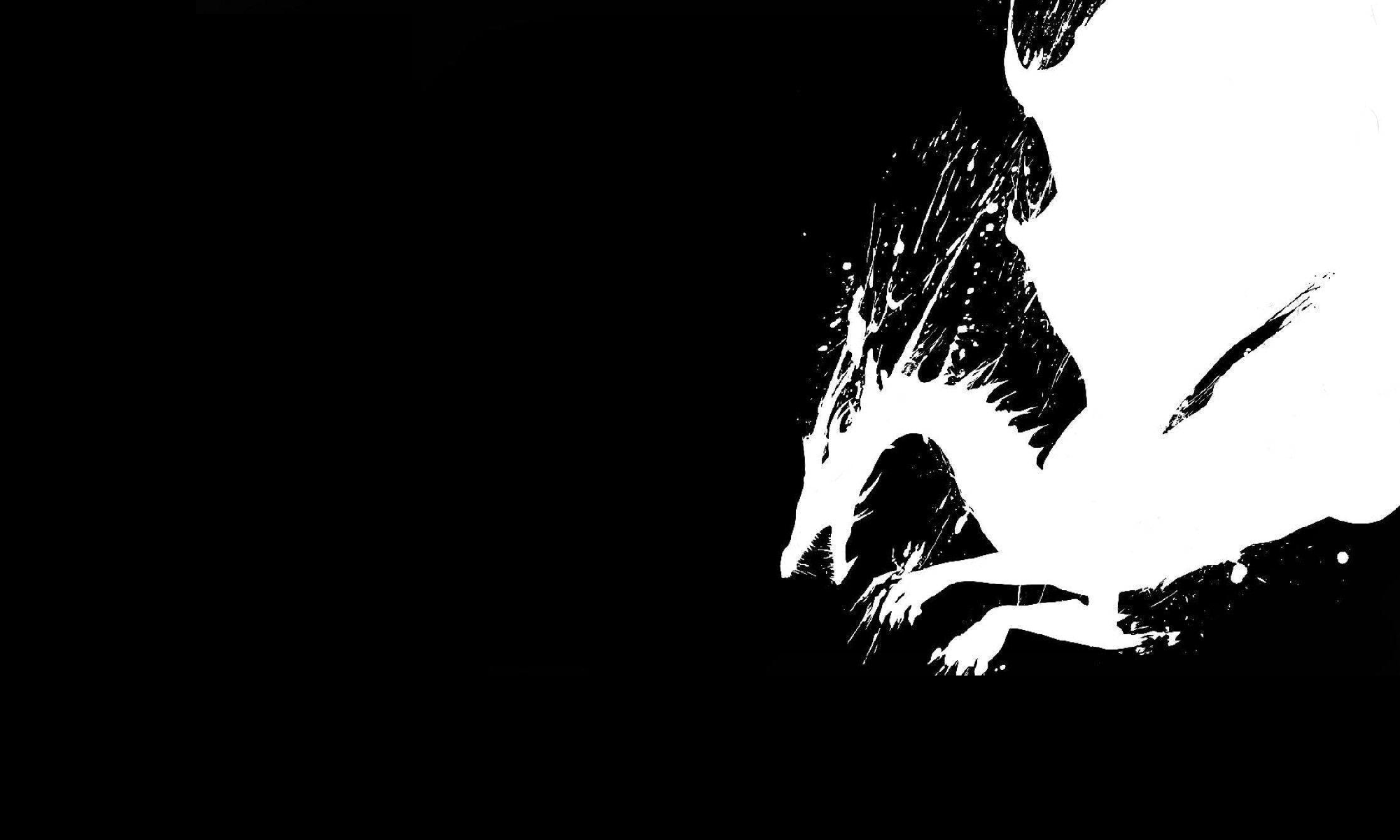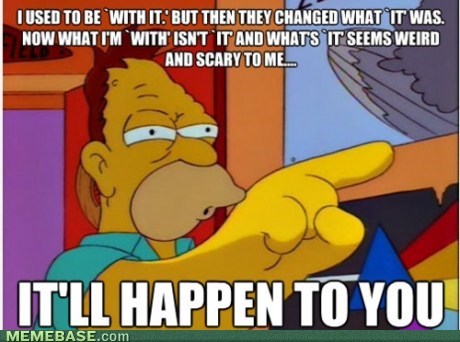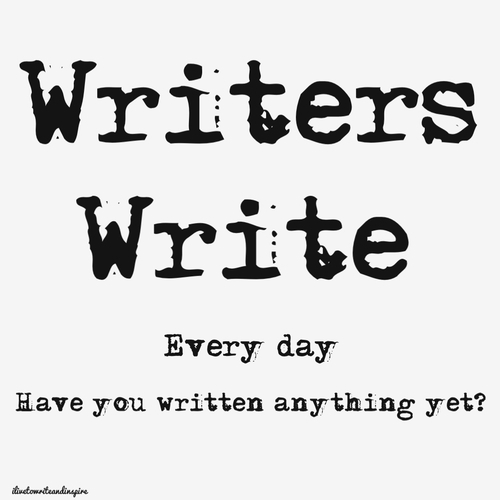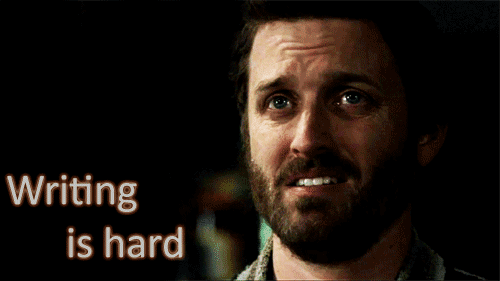05/07/2020
As a writer, my stories are my babies. If I lost one, I would be devastated. Like, slip into a severe depression and contemplate quitting as a writer altogether, kind of depression. I have known MANY fellow writers who have experienced this. Their hard drive dies with all their manuscripts on it, and they’re lost forever. Their physical notebook was left on the bus or destroyed when someone spilled a drink on it. Their flash-drive went missing. Their file became corrupted. Their cloud storage got hacked, or everything got cleared out. Nightmare scenario after nightmare scenario. I’ve heard of writers losing their life’s work in some of the most devastating and permanent ways, leaving them distraught and defeated. But, thankfully, I can say the worst I’ve ever had was losing maybe a few too many valuable paragraphs (usually due to always living in areas with brownouts and working from a desktop computer). I have never lost a significant amount of my work before, but the fear of that happening is real – very real! Fear of losing my work is right up there with my fear of losing teeth, June bugs, and lasers (some of my fears are weird). So how have I, who have been writing for 19 years, managed to avoid such calamity? Well, here is my system to ensure you NEVER EVER lose your writing.
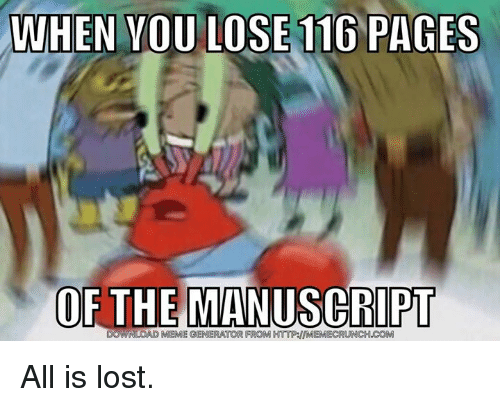
Continue reading “How to Make Sure You NEVER Lose Your Writing”
